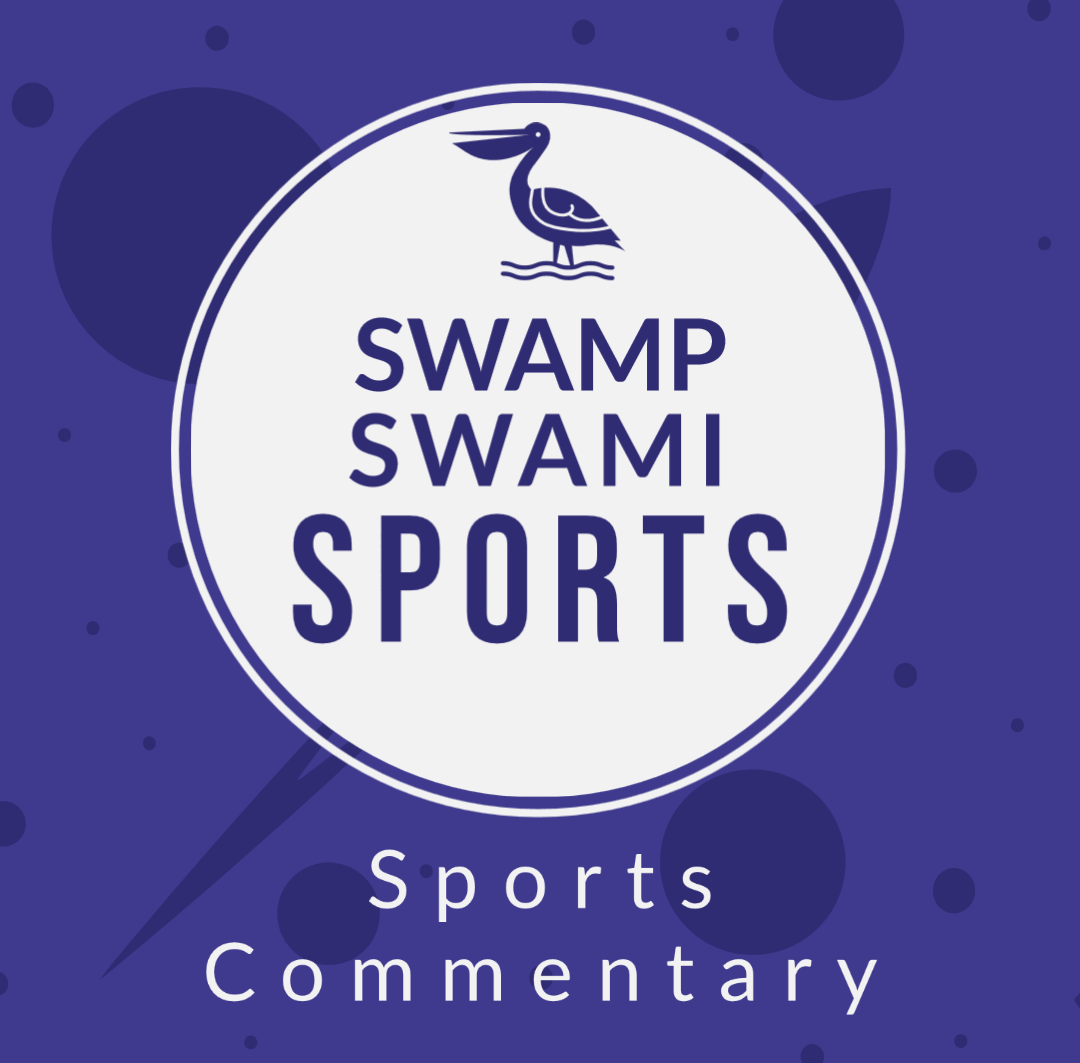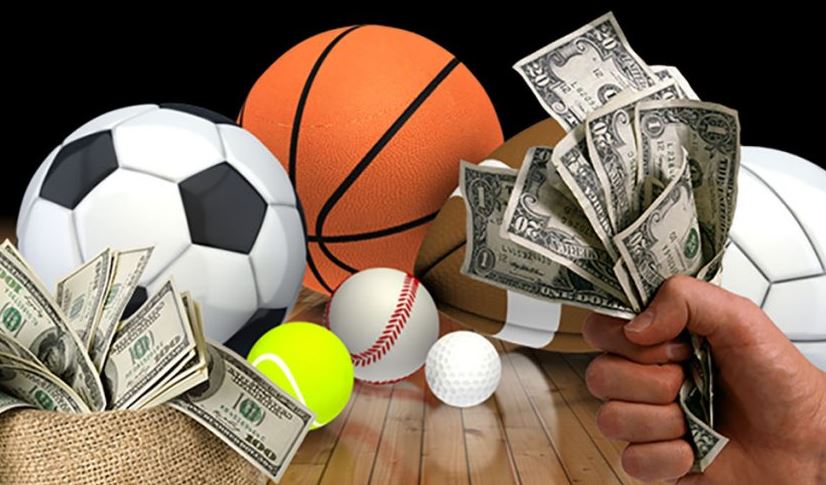Podcast: Play in new window | Download
Subscribe: RSS
My favorite Broadway musical has always been “The Music Man”.
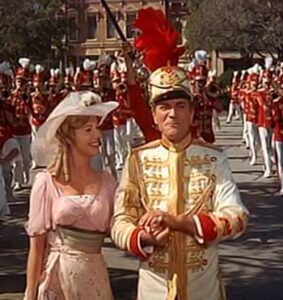
The show (set in the year 1912) features the lead character, Professor Harold Hill. This somewhat shady-but-interesting musical instrument salesman creates his own demand for his band instruments by getting the townspeople to believe that their youth are being corrupted by a local billiards parlor. Though Professor Hill is a super salesman, he doesn’t know a thing about teaching the kids how to play music.
His goal? Just keep finding new people to make sales and then move along to the next town.
What does this have to do with today’s topic? Plenty.
Many local radio stations (mostly on the AM band) around the country have been converting from a traditional sports talk format into sports talk featuring a big emphasis on sports betting. Though most of us understand that “Cincinnati is a 4-point underdog in this week’s Super Bowl”, I was a little confused to hear, “Rams wide receiver Cooper Kupp is +600 to win the Super Bowl MVP”.
So, what does +600 mean? I’ll explain later.
Way back in the early 1980’s (before children), I worked as a talk show host on weekend mornings at New Orleans radio station WSMB (1350 AM).
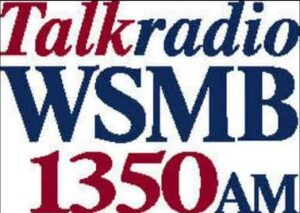
WSMB is a 5,000 watt AM signal which covers New Orleans and areas to the east along the Gulf Coast to Biloxi, Mississippi. The station was eventually sold in the 1990’s to the same company (Entercom) which owns New Orleans’ clear channel 50,000 powerhouse signal WWL-870AM.
WSMB’s name was changed to WWWL-AM. The format has morphed from Sports-Food-and Fun to All Sports-ESPN Network to R&B Blues. As radio’s consolidation trend continues, “The Thrifty 1350” (as we jokingly referred to it back then) struggled to make a dent in the local radio ratings book ever since the 1980’s.
Last night, I learned that the radio station was now featuring a new sports-talk sports betting format. The radio station became known as “The Bet New Orleans” last summer.

In many metropolitan areas around the United States, a quiet trend has been occurring with traditional sports talk radio stations. Entercom (now rebranded as “Audacy”) started to convert several of its traditional sports talk stations into a new sports betting-oriented format beginning in 2021.
Jeff Sottolano, EVP for Audacy’s radio group said, “When we launched the ‘BetQL Network’ in January, 2021, we committed to giving our national audience a home for compelling sports betting content as this new landscape was rapidly growing.”
Seemingly overnight, the sports betting business has morphed from a taboo subject just a few decades ago to almost mainstream today.
What is driving this dramatic change? Money, of course!
In May, 2018, the United States Supreme Court ruled that each of America’s fifty states could decide for themselves whether to allow legal sports gambling (which had been limited to Nevada before that decision came down). Many states already offered casino gambling (especially in Louisiana), so the familiarity of professional and college sports teams was seen as a lucrative new revenue stream which cash-starved state governments could grab a piece of, too.
Since the 2018 landmark ruling, Arizona, Colorado, Illinois, Indiana, Iowa, Michigan, Mississippi, Nevada, New Jersey, New York, Pennsylvania, Tennessee, Virginia and West Virginia have all entered the sports betting business and have taken at least $1 billion in sports bets. Louisiana just joined the sports betting parade a few weeks ago in late January, 2022.
Nearly $100 billion in total handle for legal sports betting has now occurred through the end of 2021.
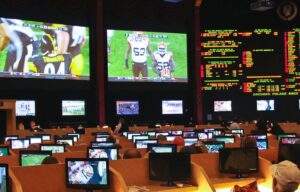
There has been a literal gold rush by traditional casino operators (such as Caesar’s and MGM) and online betting services (such as DraftKings and FanDuel) to find and lure a new market of sports betters to utilize their services to place bets on sporting events.
In addition to NFL and college football games, this new sports gambling market allows interested parties to wager on pro and college basketball, baseball, and hockey along with auto racing, soccer, horse racing, golf, tennis, and countless other endeavors.
Sports bets may now be placed at established casinos in many states and, as you might have expected, online as well. The ability to bet on sports from the comfort of your own home via the internet is causing the business to skyrocket.
But, how do these gaming companies reach America’s sports fans?
Where better (or bettor?) to turn than the vast network of sports talk radio stations across the United States?
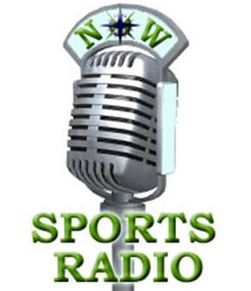
Group owner Audacy has 235 local radio stations across the country. Within that portfolio, there are many struggling radio stations (like my former station in New Orleans) which could use an infusion of younger listeners (willing to place bets on sports) and advertisers targeting those same customers.
In late 2020, Audacy acquired a sports betting services company called BetQL. The New York City-based sports betting information service analyzes every bet placed daily with their special computer algorithm to help provide customers with so-called “mispriced lines”. Of course, customers of the company pay a handsome subscription fee for access to this data.
Beginning in early 2021, Audacy and Bet QL then rolled-out a new daily schedule of national sports talk radio shows from 5AM until 10PM Central which focus on sports betting issues and trends of the day. Audacy pushed down this new format onto a number of local sports-talk radio stations around the country as the company embraced this new daily sports betting radio format.
Audacy-operated sports betting radio stations are now operating in large markets like Los Angeles, Chicago, Denver, Washington DC, Miami, Detroit, Baltimore, Houston (though Texas hasn’t approved sports betting yet, it is close to the Louisiana border), Kansas City, and, of course, in New Orleans.
If you might be wondering, “What do they talk about?”, here is my summary from two hours of listening to the New Orleans sports betting radio station last night between 8 and 10PM.
I found the three young (and fast talking) hosts were extremely knowledgeable about sports betting, but they didn’t do a good job of educating new listeners about betting. I guess they assumed that I should have known +600 means that you will win $600 for a successful $100 wager.
The commercial breaks were filled with national ads featuring ways to cash-in your pending settlement (get $500 to $1000 if you need cash NOW!), a nationally known job search company (because you may need another job to pay for your new sports gambling habit), and a mental health provider who promises to help you deal with too much stress and not enough sleep.
The radio banter kept bouncing around from one NBA game to another with the hosts even discussing the changing odds for a game already in progress.
No, I didn’t know that people could actually wager on the second half of an NBA game.
However, I learned that sports betting services will allow you to wager on the color of the Gatorade which will be dumped onto the head of the winning coach of Sunday’s Super Bowl game! Will it be blue, yellow, orange, or some other color?
There’s something for just about everyone to wager on, I guess.
With the Audacy group of sports betting radio stations spring-boarding into this new market, other radio station operators (such as Cumulus and IHeart) are also seeing some growth in their advertising revenues from these new sports gambling operators as potential new customers must be found.
Don’t be surprised if you hear a radio commercial for these betting services on your favorite music radio format as these companies are looking under every rock to find customers willing to spend money on sports betting.
Is this healthy?
Yesterday, the Associated Press reported that over 31 million Americans will place nearly $8 billion in bets related to this Sunday’s Super Bowl game between Cincinnati and the Los Angeles Rams. The Super Bowl is also one of the most perilous times of year for people with a gambling problem such as Harry Levant from Philadelphia.
Mr. Levant is a recovering gambling addict and works with “Stop Predatory Gambling”. Harry is concerned that the new wave of sports betting advertising (along with financial incentives to get people to start betting) is reminiscent of the tobacco industry’s efforts to hook people on cigarettes 60 years ago.
“One out of two people struggling with a gambling problem contemplates suicide, and one out of five will attempt suicide,” he said. “I am one of those one out of five.”
As the wave of states which have legalized in-state sports betting grows, family issues related to a loved one with a sports betting addiction problem will grow as well.
Like alcohol, many people can walk away when they’ve had enough. Others cannot.
There is a national help line for people with a gambling problem, or who think they might have one: 1-800-GAMBLER.
